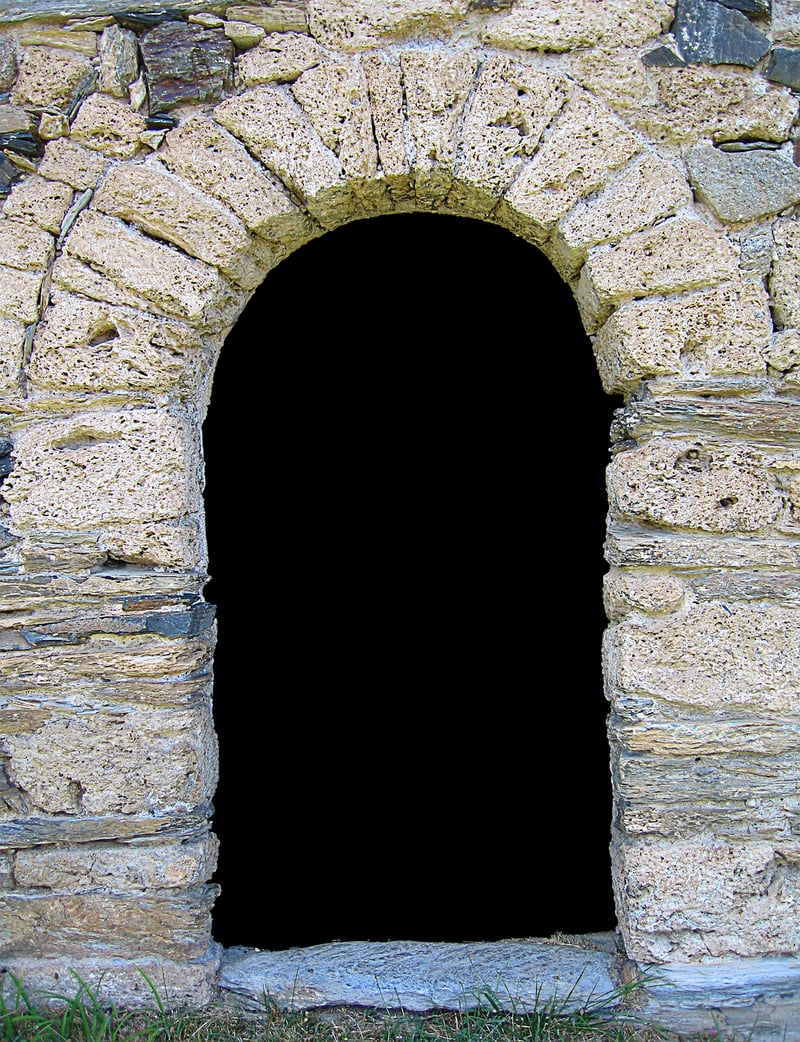Grandfather Paradox
Unraveling Time Conundrums: The Grandfather Paradox
Time travel has long been a fascinating concept in science fiction, leading to numerous paradoxes and mind-bending theories. One of the most famous paradoxes is the Grandfather Paradox, a thought experiment that raises questions about the implications of altering the past. Let's delve into this intriguing conundrum and explore its implications.
The Grandfather Paradox Explained
The Grandfather Paradox posits a scenario where a time traveler goes back in time and prevents their grandfather from meeting their grandmother. As a result, the time traveler’s existence is erased, leading to a paradox. If the time traveler was never born, how could they go back in time to alter the past in the first place?
Resolving the Paradox
One proposed solution to the Grandfather Paradox is the idea of multiple timelines or parallel universes. According to this theory, when the time traveler alters the past, they create a divergent timeline where their actions have different consequences. This way, the original timeline remains intact, and the paradox is avoided.
Implications and Philosophical Considerations
The Grandfather Paradox raises profound questions about causality, free will, and the nature of time itself. It challenges our understanding of cause and effect, suggesting that time may not be as linear and deterministic as we perceive it to be.
Conclusion
While the Grandfather Paradox may never be definitively resolved, it continues to captivate the imagination of scientists, philosophers, and storytellers alike. Whether viewed as a cautionary tale about the dangers of meddling with the past or a thought-provoking exploration of the fabric of reality, this paradox reminds us of the boundless mysteries that time travel entails.

Explore more about time travel and the Grandfather Paradox to unravel the secrets of the universe and challenge your perception of time and space.
